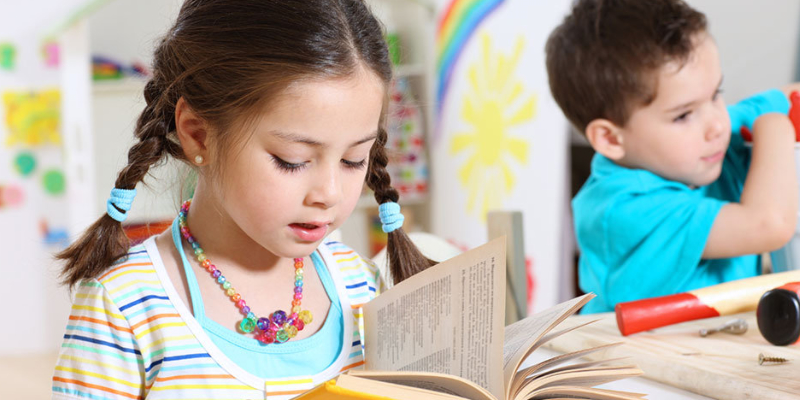
Intent on giving our children a head start in an increasingly competitive world is commonly known as hothousing; attempting to accelerate the development of children lest they get “left behind”. It comes from a well-meaning desire of wanting the best for our little ones.
In an interview published in the Guardian, author of “Battle Hymn of the Tiger Mother”, Amy Chua asserts that western parenting fails because it stops children from fulfilling their potential, whereas her hard line Chinese approach gets results. Chinese children on average do better academically than their British and American counterparts, so can it be that the Chinese method of parenting is counter-productive?
Research would support claims that the majority of exceptional achievement is the product of hothousing, as opposed to our genetic biology. For instance, studies of musicians show that from childhood onwards, compared with "mere" orchestral players, soloists practised for more hours, under more pressure to do so, from earlier ages.
Amy asserts that the problem with constantly boosting our children's self-esteem; telling them they're budding little geniuses when they manage to add 2 + 2, is that we're setting them up for a fall. We send them out into the world with an inflated idea of their own abilities and as soon as they come face to face with a tough challenge – they collapse like a house of cards. Out goes their self-esteem, and enter - depression. She claims that Chinese children make for more robust adults. Evidence also shows that indiscriminate positive praise for children, as opposed to praise for their specific efforts, leads to “bloated, unreal self-esteem”.
According to Self Determination Theory (SDT), healthy success in children results from self-motivation. People are centrally concerned with motivation — how to move themselves or others to act. Parents, teachers, coaches, and managers want to motivate those that they mentor, and individuals struggle to find energy, mobilize effort and persist at the tasks of life and work. People are moved by external factors such as reward systems, grades, appraisals, or others opinions of them. Some people are motivated from within, by interests, curiosity or abiding values. These internal motivations are not necessarily externally rewarded, but nonetheless they can sustain passions, creativity, and sustained efforts.
A key factor within this (SDT) model, is the role of autonomy on energy levels—when the action comes from one's own decisions, as opposed to being demanded to think or behave in a certain way by someone else. Autonomous behaviour can maintain or enhance levels of energy, controlling behaviour can have the opposite effect of draining personal energy. Is the lesson for parents that we should give more freedom to our children in terms of when, where, what and how they study, to improve their feelings of well-being—and perhaps their productivity?
Dr Kenny, a practicing psychologist says. “We need to allow children to explore their environment in a safe way, in an unhurried way and in an unpressured way, in order for them to develop their own sense of self and to determine what it is they’re interested in – and what they want to pursue.“
During an interview with journalist Karen Fontaine, Dr Kenny commented that “… the UN has now recognised child’s play as a human right”.
There are many who would argue that positive thinking will keep us glued to the task at hand when the going gets hard, and the anticipation of success is likely to bring about success.
The best of both worlds: myth or reality?
So is it possible to encourage your child to share your values and hopes of fulfilling their potential and can this include extra-curricular activities? Is this a matter of balancing extra-curricular support with enough free time to play, day-dream, and rest? Should we factor our child’s feelings into the equation? If we want our child to internalise our values, should we be role-models to demonstrate and provide positive evidence for them to see the benefits to be gained?
Is any of this a formula? I think not. One hat will definitely not fit all! However, knowing what the current research is and what the thought leaders in the field of education and child development say, can help us identify what is most important to us and what our child’s best interests might be.
References
http://www.theguardian.com/commentisfree/2011/jan/16/amy-chua-strict-chinese-parenting
http://www.selfdeterminationtheory.org/theory/
http://lifehacker.com/the-complex-relationship-between-happiness-and-motivati-1623287744